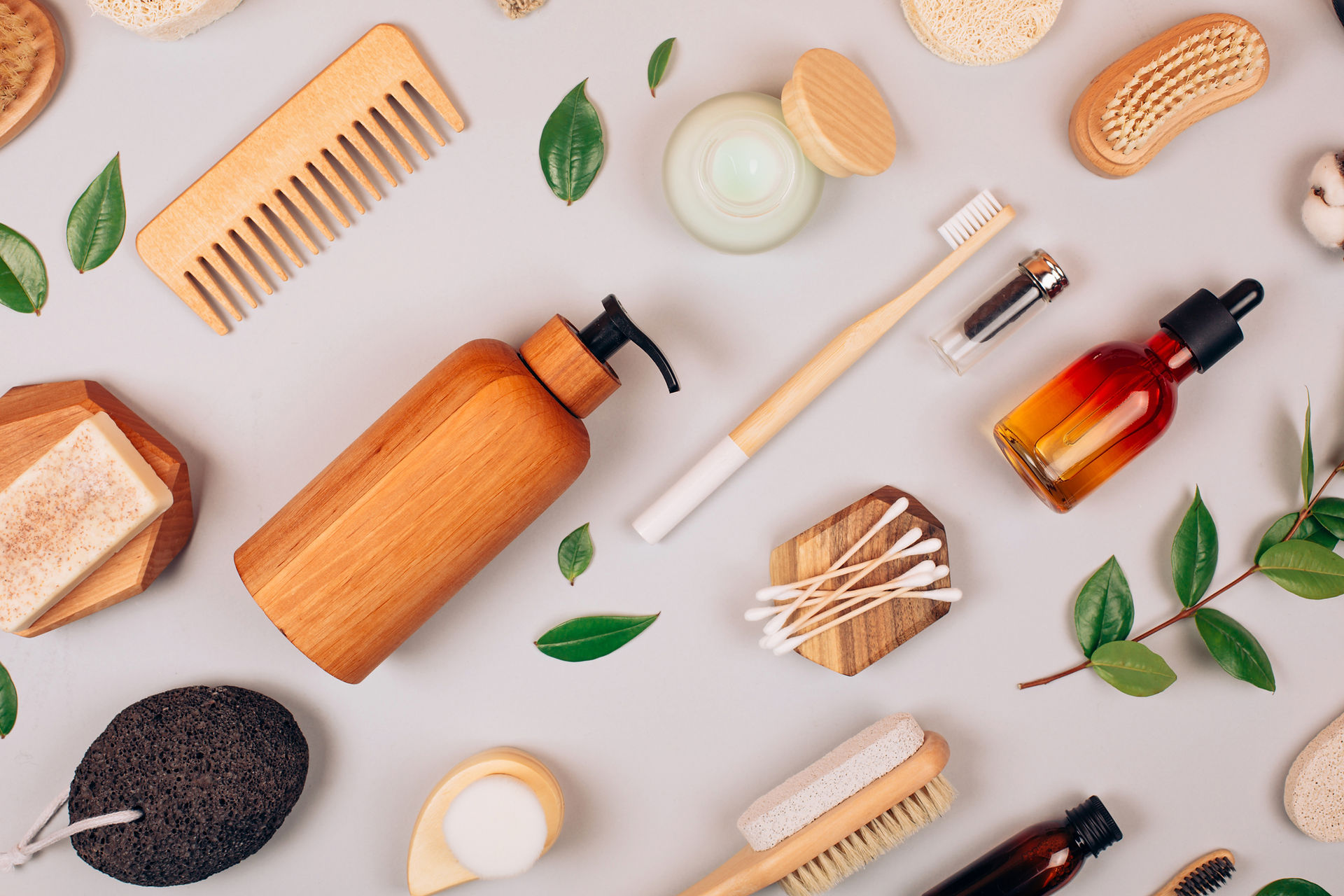Does Monosodium Glutamate (MSG) Deserve Its Bad Rep?
- Paul Jones

- Nov 2, 2023
- 2 min read
For a long time, monosodium glutamate was a guilty pleasure. It made food taste oh so good, but many doctors told patients to avoid it. Manufacturers started putting “no MSG” on packaging and restaurants started giving customers options for MSG-free dishes. Is MSG actually bad for you, though? Probably not.
Isn’t MSG Bad for You?
There’s a good chance your parents told you all about the dangers of MSG growing up. Ever since the 1960s, this flavor enhancer has had a criminal reputation. Now, it seems like those scientists may have jumped the gun.
These days, many high-profile health professionals say that MSG is generally considered safe. It’s not toxic or dangerous for human health, despite what people thought for decades.
Why the change? It turns out that many past studies weren’t designed properly. Instead of measuring MSG in food, they used amounts of MSG that no one realistically eats or direct injections into the bloodstream.
Doesn’t MSG Have Tons of Sodium?
This is another shocker for many people. Not only is MSG relatively low in sodium, but it’s probably better than using table salt. One teaspoon of MSG only has 800 mg of sodium. One teaspoon of salt has 2,300 mg. Himalayan pink salt has around 1,700 mg.
Of course, doctors usually recommend keeping your sodium consumption to 1,500–2,300 mg of sodium a day. In other words, if you have high blood pressure, you shouldn’t go too crazy with MSG.
Doesn’t MSG Make You Gain Weight?
The jury is still out on this one. Some studies show a link between MSG and weight gain, but others show MSG as helping you eat less. More research is needed.
One possibility is that MSG doesn’t actually make you put on more weight, but it may tempt you to eat more food. This irresistible substance is a flavor enhancer. In other words, it makes your tastebuds pick up on the nuances of flavors even more. Whether you’re eating something sweet, salty or smoky, the taste of food seems to come alive.
Isn’t MSG a Man-Made Ingredient?
In reality, MSG is a natural substance. Many common foods have this compound:
Chicken
Shrimp
Beef
Cheddar cheese
Parmesan cheese
Tomatoes
Onions
Mushrooms
Broccoli
MSG is responsible for the meaty, rich umami flavor of these ingredients. If you love Asian or Italian cooking, chances are you’ve eaten tons of naturally occurring MSG in your life.
Doesn’t MSG Trigger Headaches?
Some people do experience physical side effects after eating MSG, such as headaches, redness, tingling or nausea; however, the number isn’t as high as you may think. According to modern estimates, fewer than 1% of people are sensitive to MSG. In comparison, roughly 6% of Americans are sensitive to gluten and over 12% are lactose intolerant.
Shouldn’t You Avoid Foods With MSG?
This is one area where your parents may have been right. While adding MSG to nutritious, homemade cooking is perfectly safe, the same can’t be said of many processed foods with MSG.
If you eat a whole bag of potato chips, the MSG isn’t what you need to worry about. Instead, the high amount of salt, fat, and carbs is what’s bad for you. Cutting back on junk foods is always a good idea.



Comments